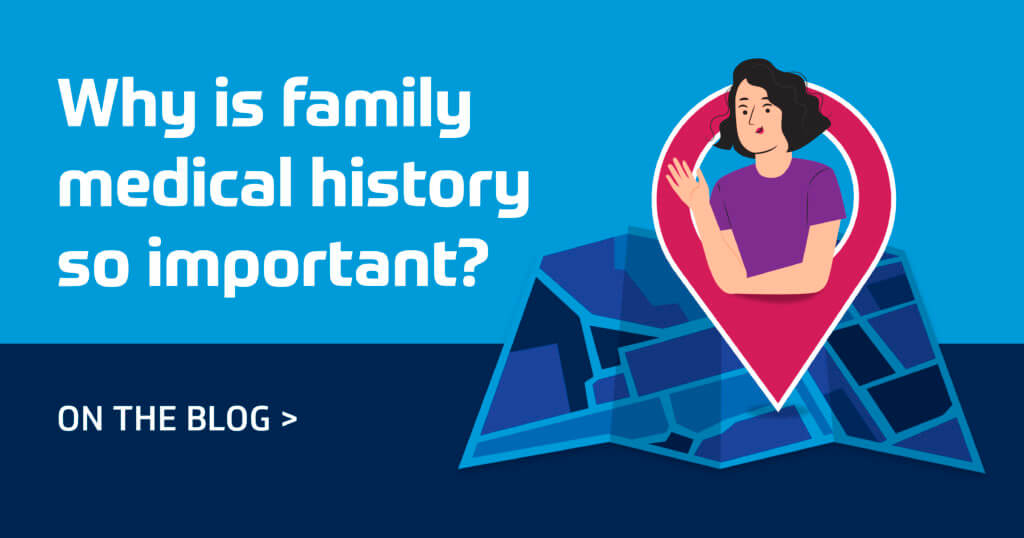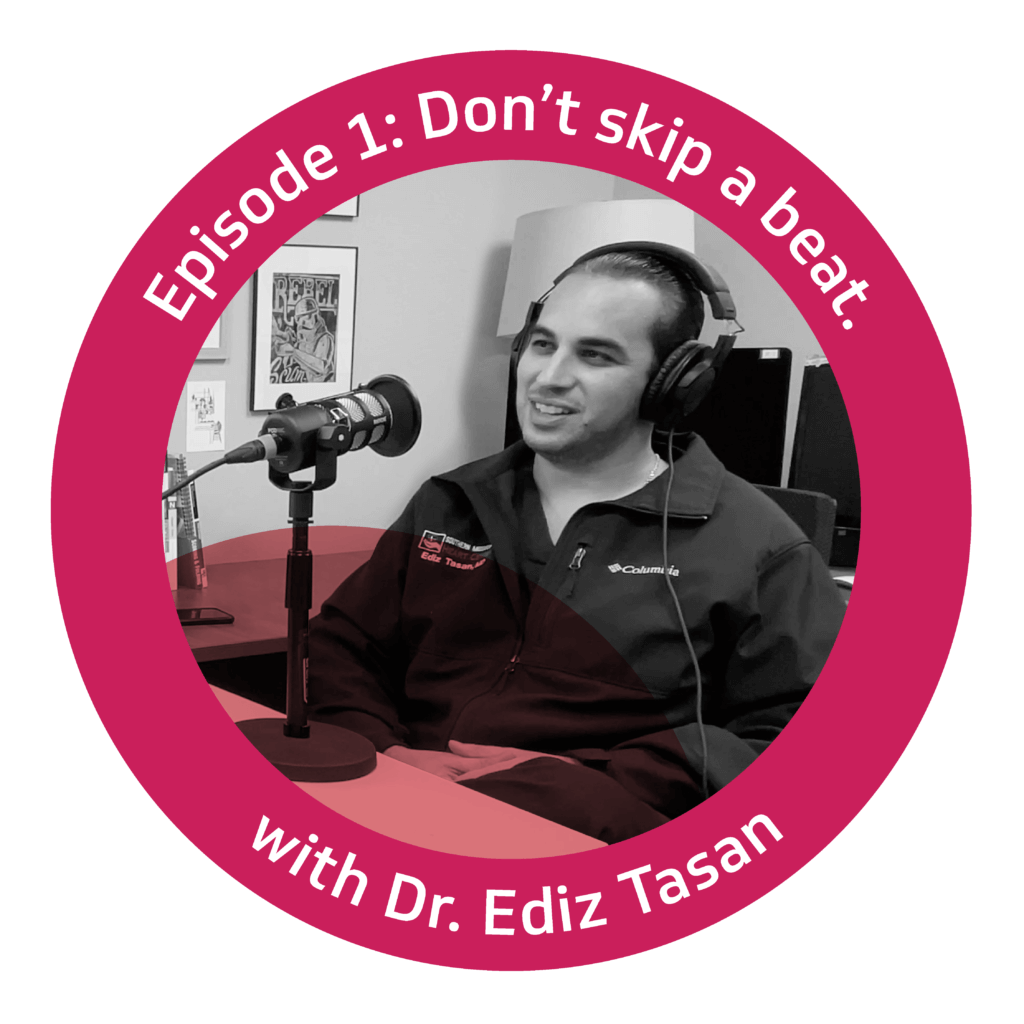Why is Family Medical History So Important?

Medical history is a lot like a road map—it shows you the highs and lows and what you might be facing in your health journey ahead. Some things are hard to avoid due to genetics, but knowing your medical history gives you the ability to take care of yourself ahead of time because you are prepared for what could happen.
Estimates show that 75% of all healthcare costs stem from preventable chronic health conditions, like Type 2 diabetes and high blood pressure.* Many of these chronic conditions and their respective costs could be avoided or reduced with early detection and preventative health screenings.
By knowing what your potential risk factors are from your medical history, you could be saving yourself thousands of dollars in the long run, from direct medical bills and missed time at work.
What should I actually know about my medical history?
The major goal is to know what your genes could bring in the years to come. Do you have a history of breast cancer in the family? Genetic issues? Does your family have high blood pressure, or did your father have a heart attack before 60?
Here’s a list of some of the things we suggest you talk about with family members. A simple chat around the dinner table could help you determine if you have a family risk of:
Alzheimer’s disease
Asthma
Cancer (Breast Cancer, Colon Cancer, Lung Cancer, Prostate Cancer, Skin Cancer… click here for a full list)
Diabetes
Dementia
Heart disease or other heart issues
High blood pressure or cholesterol
Mental health conditions (ADHD, depression, schizophrenia)
While this list might not fully encapsulate your entire medical history, it’s a good start. All of these things can help guide you (and your primary care provider) to make better decisions for your health long-term. Based on your family medical history, your primary care provider might set you on a path towards mammograms earlier than 35, prostate screenings at age 40, heart screenings, or just start working on a healthier, perhaps more plant-based, diet.
Know Yourself.
Additionally, knowing your own personal history can greatly help in understanding your current or future health issues. This means keeping track of major changes over time and looking at what it might mean for your health.
“A classic [problem] will be somebody is in their early seventies, and they used to walk three miles a day. And then over the last year, they’re only able to walk a half a mile a day and they’re very short of breath or fatigued. They chalk it up to age, but that’s a pretty big drop off. So any time you’re able to do something on a regular basis and over a couple of months, [and] that activity function is decreased by anywhere from 50% or more…That should be an alarm flag that something is not going right.”
Dr. Ediz Tasan, Cardiologist
Some important questions to reflect upon:
Have you rapidly gained weight in the past 5 years?
Do you heavily drink or frequently smoke?
Has your ability to focus started to decline?
Does a workout you could easily accomplish last year feel exhausting now?
How does current blood compare to previous check ups?
Is your body processing food like it should be (are bowel movements normal)?
Much like poor health habits can cause long-term issues, healthy habits (like running or quitting tobacco products) can reduce the risks that might be genetic. It all comes down to ensuring you have as complete a road map for your health as possible, so you avoid getting lost along the way.
The takeaway.
Overall, staying in tune with your own health and being aware of your family medical history can help you avoid repeating patterns in your family, and allow you to map a better, healthier course for yourself.
A good primary care provider is like a good GPS—they are there to guide you—turn by turn and screening by screening. Have questions about your family history, or even how to start that conversation? Talk to a primary care provider today about what you can do to keep your engine running smoothly and effectively.
*Source: CDC
Content inspired by Healthcare is Selfcare: The Podcast
Hear more from Dr. Tasan on Episode 1

What heart-healthy diet is so difficult to maintain, a cardiologist couldn’t stick to it? How does a cardiologist start his day? Find out all this and more in our in our first episode of Healthcare is Selfcare: The Podcast, as we chat with Interventional Cardiologist, Dr. Ediz Tasan on how to stay in sync with your heart.
Prefer to read? Check out the episode transcript here.
